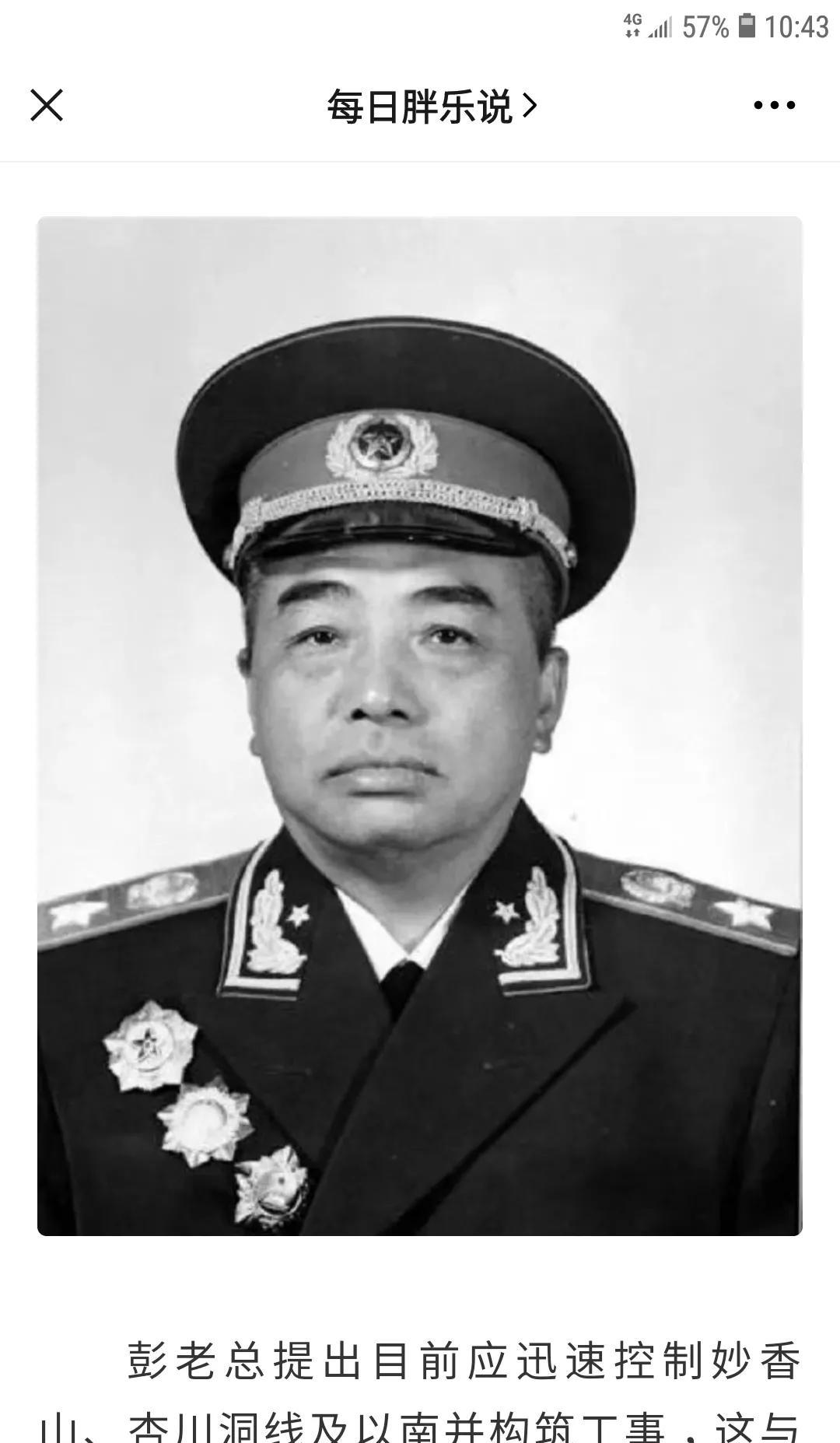The Central Military Commission sent a telegram to Peng Dehuai and Gao Gang (1) in order to understand the situation of grain and grass on the spot
Comrade Peng Dehuai Gaogang II:
(1) Whether our army's grain and fodder is given on the spot (repaid in full after the fact) is truly certain;
(2) Whether the Datong River is now frozen, when it is frozen, and whether it can pass through people and horses on the ice. For the above two items, please ask Peng to find out the telegram.
(3) Whether the two railways from The two points of Manpo in Xin'anju to Pyongyang are already being repaired, when they can be repaired, and whether it is sufficient to use the two railways to transport all military materials to the Pyongyang area. At this point, please check the telegraph high.
Mao Zedong
Seventeen o'clock on December 3
Printed on the basis of the original transcript kept by the Central Archives.

exegesis:
(1) Peng Dehuai, who was then the commander and political commissar of the Chinese Volunteer Army. Gao Gang was then the commander and political commissar of the Northeast Military Region of the Chinese People's Liberation Army.
Telegrams about the camera occupation of Pyongyang to Peng Dehuai (1) and others
Peng Deng Puhong (2) and Gao He (3):
It is generally certain that the Pyongyang enemy is retreating, that its main force appears to have withdrawn between Pyongyang and the 38th Parallel, and that its rearguards appear to be still north and northeast of Pyongyang. On the fifth day of the Next Day, you should send a division or the main force of a division to advance to Pyongyang and occupy Pyongyang one after another.
23:30 on December 4
Printed on the basis of the original transcript kept by the Central Archives. It has been compiled into the Military Anthology of Mao Zedong (Internal Edition).
(1) Peng Dehuai, who was then the commander and political commissar of the Chinese Volunteer Army.
(2) Deng, referring to Deng Hua, Park, and Park Yiyu, both served as deputy commanders and political commissars of the Chinese Volunteer Army at that time. Hong, referring to Hong Xuezhi, was the deputy commander of the Chinese Volunteer Army at that time.
(3) Gao, referring to Gao Gang, was then the commander and political commissar of the Northeast Military Region of the Chinese People's Liberation Army. He Jinnian ( He Jinnian ) was then the deputy commander of the Northeast Bureau of the Chinese People's Liberation Army.
A telegram from the Central Military Commission on agreeing to the operational deployment of the East-West Front to Peng Dehuai (1) and others
Peng Song (2) and high (3):
(1) Peng Dehuai's telegram at 24:00 on December 4 was very well deployed, and it is hoped that it will be carried out accordingly. The summary of experience (4) described in the eighteen o'clock call on December 4 is also very good. The annihilation of more than 20,000 enemies on the western front was a great victory. Kim Il Sung has returned to Korea, and regarding the use of The Fang Hu Shan Force (5), please raise it directly with Kim Il Sung.
(2) Song Taoqin (6) On December 4, at 22:50, the power deployment opinions were very good, and it was expected to be implemented immediately. In addition to annihilating the same enemy and preparing for reinforcements, it would be of great significance if the main force of one army could annihilate two regiments of the US Third Division in the Shecangli area.
7 o'clock on December 5
(2) Song, referring to the Song Dynasty, was then the commander and political commissar of the Ninth Corps of the Chinese People's Liberation Army.
(3) Gao, referring to Gao Gang, was then the commander and political commissar of the Northeast Military Region of the Chinese People's Liberation Army.
(4) Refers to the experience described in Peng Dehuai's telegram to Mao Zedong, Gao Gang and Song Shilun at 18 April. The main ones are: First, in the case of an extreme disparity in the enemy's and our own technical equipment, we should try our best to avoid fighting in a fixed position. It is necessary to use long-term means to mobilize the enemy, take advantage of its foothold and the lack of firepower, and make a fierce attack.
Second, make full use of night combat. The battle was launched and the battle began at dusk, and The Buddha Xiao resolved.
Third, to infiltrate into the rear, first destroy its fire positions and command posts, and threaten the enemy's campaign supply line.
(5) Refers to the Fifth Army of the Korean People of which Fang Hushan is the commander of the Army.
(6) Song refers to the Song wheel of time.
Tao Yong, referring to Tao Yong, was then the deputy commander of the Ninth Corps of the Chinese Volunteer Army.
Qin Jian, referring to Qin Jian, was then the chief of staff of the Ninth Corps of the Chinese Volunteer Army.